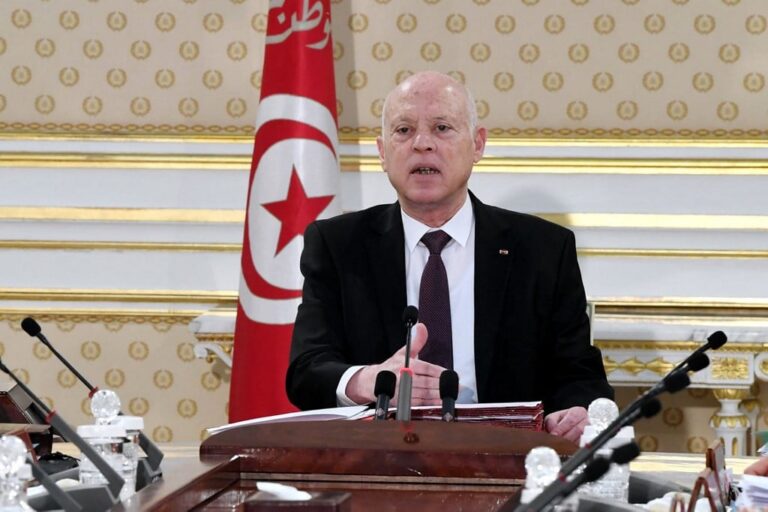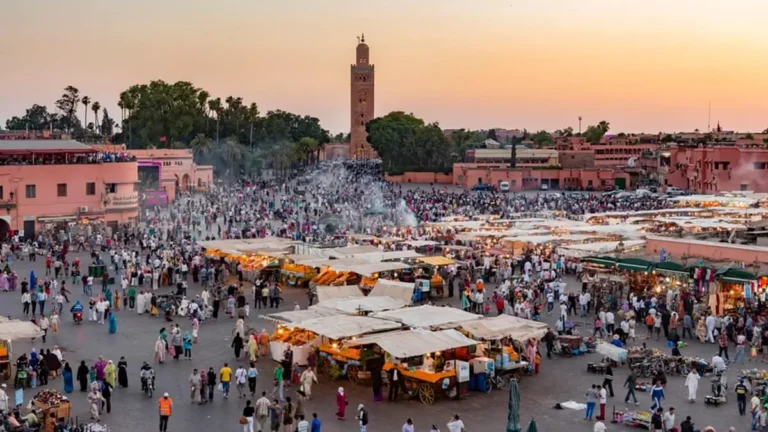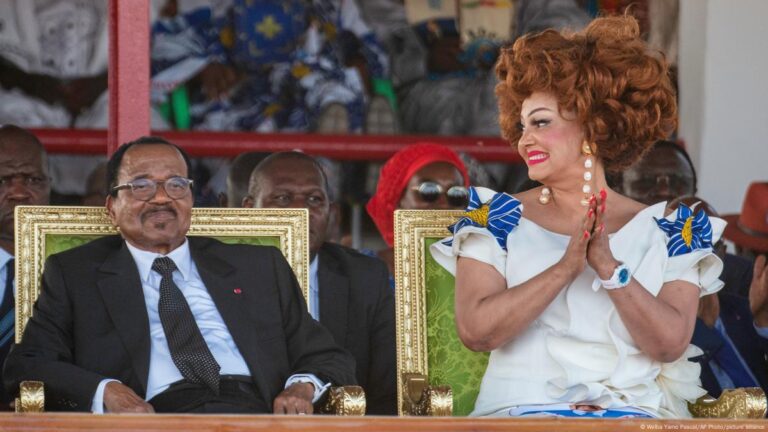
President Bola Tinubu has called on Nigerians to embrace religious tolerance, citing his own interfaith marriage as an example of peaceful coexistence between Muslims and Christians.
Speaking at a funeral service in Plateau State on Saturday, the President stressed that faith should unite rather than divide the nation.
Tinubu shared a personal reflection on religious harmony within his household, noting that although he is a Muslim, his wife, Senator Oluremi Tinubu, is a Christian pastor, and their differences in faith have never caused conflict.
He spoke at the funeral of Lydia Yilwatda, mother of Professor Nentawe Yilwatda, national chairman of the All Progressives Congress (APC).
“I inherited Islam from my family. I didn’t change.
But my wife is a pastor. She prays for me. No conflict,” Tinubu told attendees.
“And I never did, at any single time, try to convince her or convert her. I believe in the freedom of religion.”
The President urged Nigerians to promote tolerance, respect, and understanding across religious and ethnic lines. “We are praying to the same God. We are answerable to the same Almighty God. We will answer to Him,” he said, emphasizing that personal character and love for others matter more than religious differences.
Tinubu’s message comes amid ongoing religious and ethnic tensions in Nigeria, which often intersect with security challenges.
While conflicts in the country have multiple causes, including land disputes, economic pressures, and criminal activity, religious identity can exacerbate tensions.
Nigeria’s population is roughly split between Christians in the south and Muslims in the north, though most states host a mix of faiths.
“Love is what we should preach, that we should love one another,” Tinubu added. “Nobody determines what God has ordained. God’s ordained actions and prophesies what matters.”
The funeral gathered political and religious leaders from across Nigeria, demonstrating the type of interfaith cooperation the President advocates.
Tinubu also paid tribute to Lydia Yilwatda, describing her as a woman of faith, integrity, and service.
His remarks underscore the significance of religious freedom in Nigeria, highlighting how interfaith marriages and cooperation can coexist alongside broader societal tensions. Tinubu’s personal example offers a tangible illustration of unity, urging citizens to focus on shared values rather than differences.
As Nigeria continues to grapple with security and social challenges, the President’s call for religious tolerance adds a human dimension to national conversations about peace, diversity, and cohesion.



